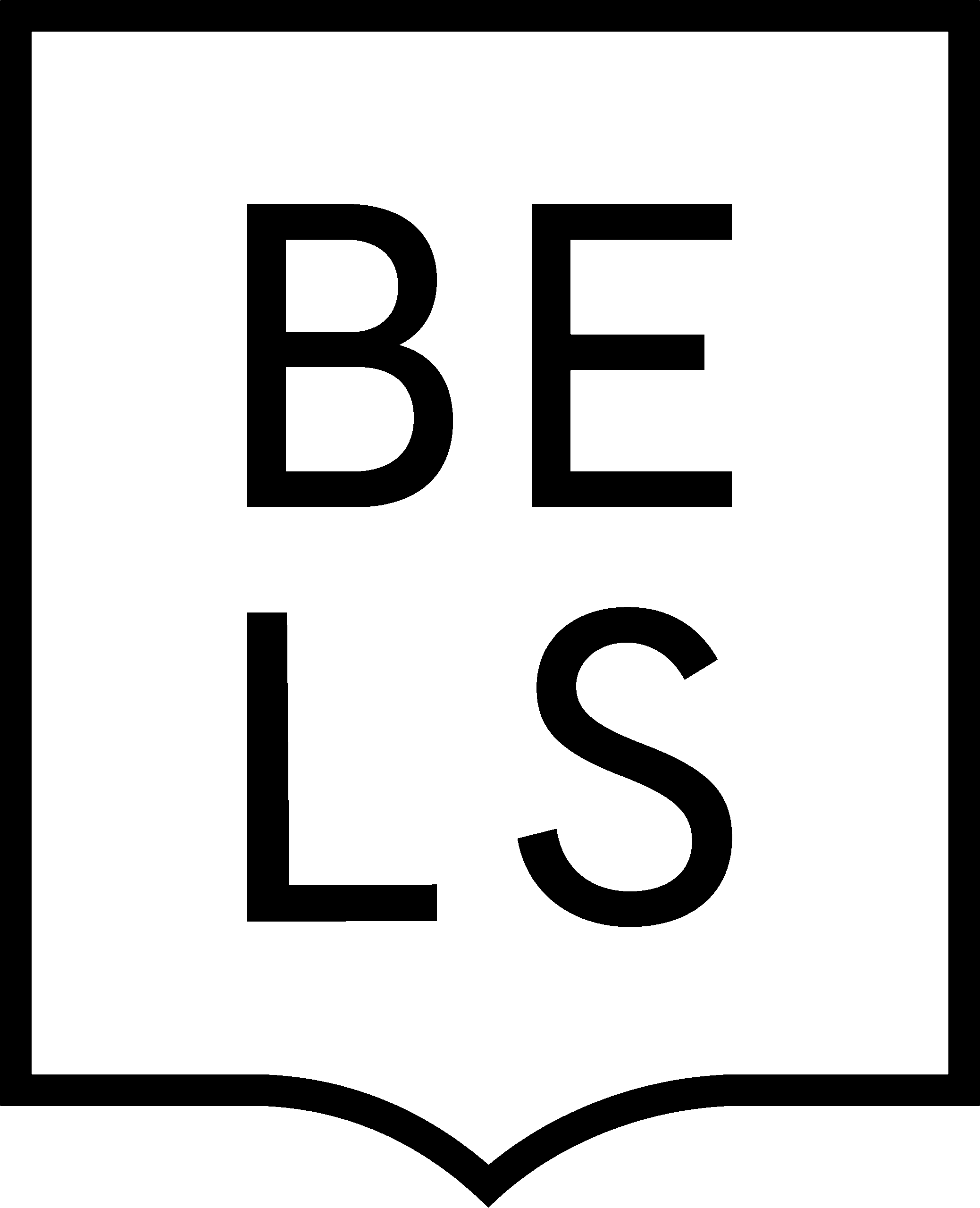8 Effective Ways to Improve your English Vocabulary
Improving your vocabulary is crucial for effective communication. We’ve put together eight strategies to enhance your English vocabulary. Find the best method for your learning style, and learning English vocabulary will suddenly get a lot simpler.

Read tips on how to improve your English vocabulary written by BELS teachers.
Having a vast and varied vocabulary is a crucial aspect of effective communication. Consistently working on your English language skills is essential, whether you’re a native speaker looking to express your ideas more accurately or a language learner trying to improve your proficiency.
Sometimes, your methods of learning new words or phrases can be tiresome and ineffective. That’s why we’ve put together this blog to help you explore eight effective strategies to enhance your English vocabulary and communicate with greater precision and eloquence.
Try some of these engaging techniques to improve your English vocabulary instead. They’ll help you understand the meaning of the words in context in a way relevant to your daily life. As a result, you’ll learn how to use the language naturally, and it becomes easy to memorise. Find the best method for your learning style, and learning English vocabulary will become much simpler.
1. Learn Phrases and Fixed Expressions, Not Words
We don’t use single words alone, but we communicate using phrases and sentences. When trying to improve your range of vocabulary, it’s more useful and memorable to learn phrases or groups of words that go together instead of single words.
Instead of memorising the word ‘pick’, memorise the phrase ‘take your pick!’. Instead of memorising the word ‘bunch’, go for the phrase ‘a bunch of roses’. Learning the word ‘occur’ might be more difficult than learning the phrase ‘if any problems occur’.
2. Learn Functional Language
Functional language is the language you must use daily in an English-speaking country. So, think of any task you might need to accomplish or a situation you regularly find yourself in – what language do you need to know in English to do this?
Learning a functional language helps you develop your communication skills and ability to accomplish things in English. In other words, you’ll learn something practical instead of only knowing more words.
Some examples of general functional language are agreeing and disagreeing, debating, giving and asking for opinions, ordering in a restaurant, complaining and giving directions. Then, there’s a functional language for work, which includes language needed in meetings, negotiating, giving presentations, and conducting interviews, amongst other popular tasks.
3. Put the new English Vocabulary in Context
Things become more memorable when they have a personal significance to us. You might have had trouble learning the map in geography classes when you were younger, but once you’ve travelled the country, you have no problems remembering. The same theory applies to learning English vocabulary.
To really learn English vocabulary, engage with the words, and don’t just look at them like a bunch of letters; give them meaning. By putting the English vocabulary you’re trying to learn in a context, your brain has something to grasp and can remember easily.
Use real people and facts in your life. For example, if you’re trying to remember the word ‘nostalgic’, make it meaningful by writing a personal sentence; ‘I feel nostalgic when I see my favourite childhood toys’. Having a personal context to associate with a word makes remembering it much easier.
4. Play Games with English Vocabulary to Improve Retention
Buy a pack (or more) of sticky notes and start labelling everything in your house – it’s a quick way to learn some new vocabulary. Create a couple of flashcards, print out images, and play Scrabble or taboo! You could even play word association games using English vocabulary while at a pub with friends, that could get interesting.
5. Practice with a Study Buddy
Find someone as eager as you are to learn and practice repeatedly. Firstly, comparing notes and brainstorming how to use the language together is a great idea. Then, you could write dialogues and practice reading them out. Remember to add emotion to your language through tone, intonation and sentence stress. After that, try to role-play situations spontaneously.
It’s fine if you make mistakes; that’s how you learn. You could also record yourselves, listen back and correct it together. Try again until you feel more confident.
6. Use the Language in Real Life
Once you feel confident, find real situations to try it in. Go to a restaurant or the shop, find a reason to complain, or help a lost tourist. You can join English-speaking nights organised in most big cities or find some expat groups to make new friends. If there are no options to speak English in your country, perhaps it’s a good idea to go on holiday to an English-speaking country.
7. Follow Language Pages, Podcasts, and You-tubers
Following English pages, podcasts or YouTubers is a good way to stay motivated to learn a language. They post new phrases and even tips to learn English vocabulary or grammar. It’s the best way to access quality content to help improve your English vocabulary or any other area.
8. Attend an Immersive Language Course
Book a language-travel trip in an English-speaking country. The immersive experience will give your English a great boost. You’ll learn English vocabulary, grammar, and phonology and practice all the skills in communicative classrooms. Most importantly, you will get feedback and corrections from a teacher and practice the language non-stop. Book your accommodation with the school to make the most of the language course holidays. That way you can speak English socially with your schoolmates after lessons.
Are you feeling stuck in your learning journey? Get Support from Professional English Teachers.
Does it ever feel impossible to improve your English Vocabulary independently? Do you find it difficult to make progress on your own? While you can make some progress with improving your English vocabulary independently, there’s a limit you will reach without professional guidance.
That’s where English schools like BELS Language Schools in Malta and Gozo can help. At our schools, we know how to bridge the gap between textbook learning and real-life use of the language. All our English courses in Malta and Gozo focus on communication skills and real-world use of English. So stop feeling stuck and start speaking! Write to us at [email protected] to learn how we can help.
Learn English with a Top School
Whether you'd like to improve English for personal, career or academic goals - we've got a course for you.
View Offers


